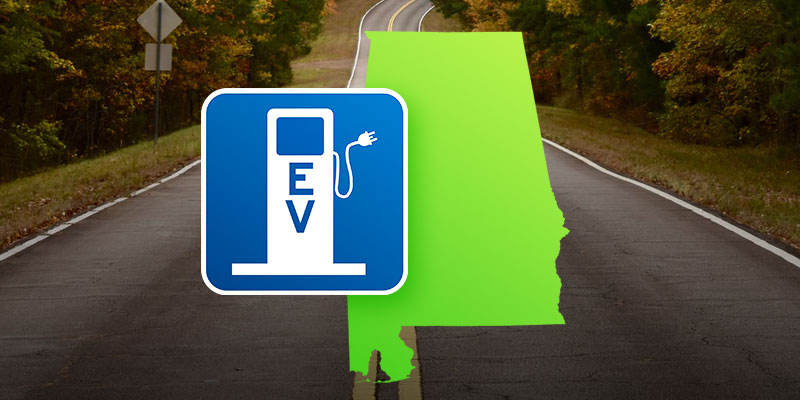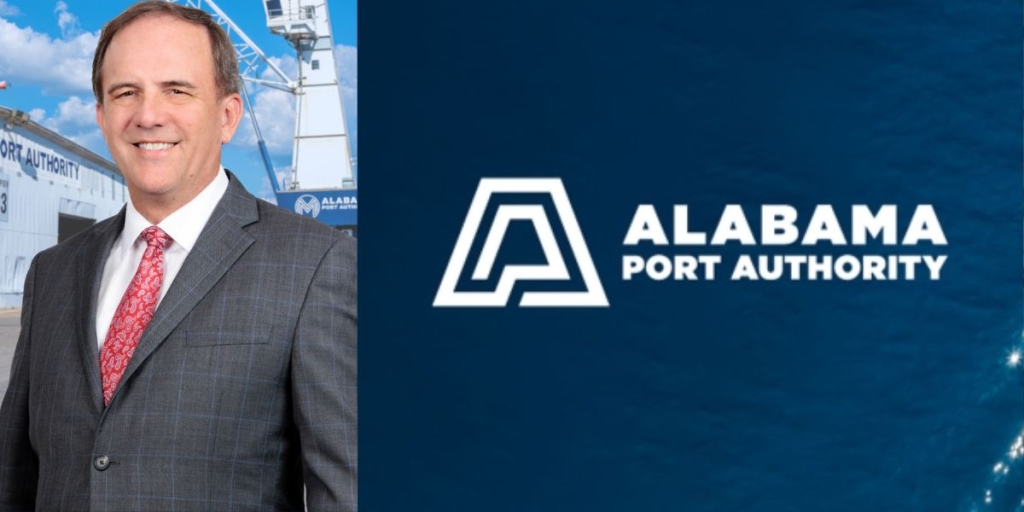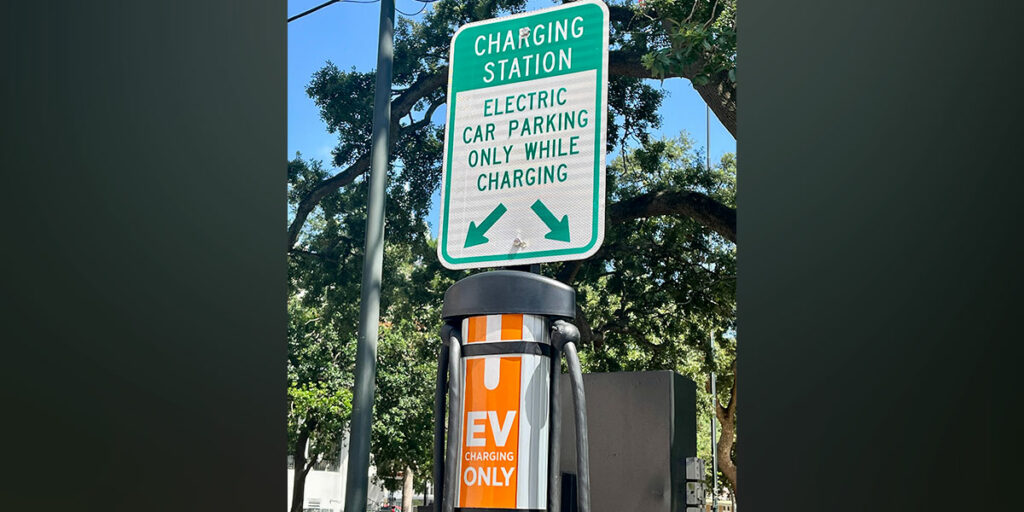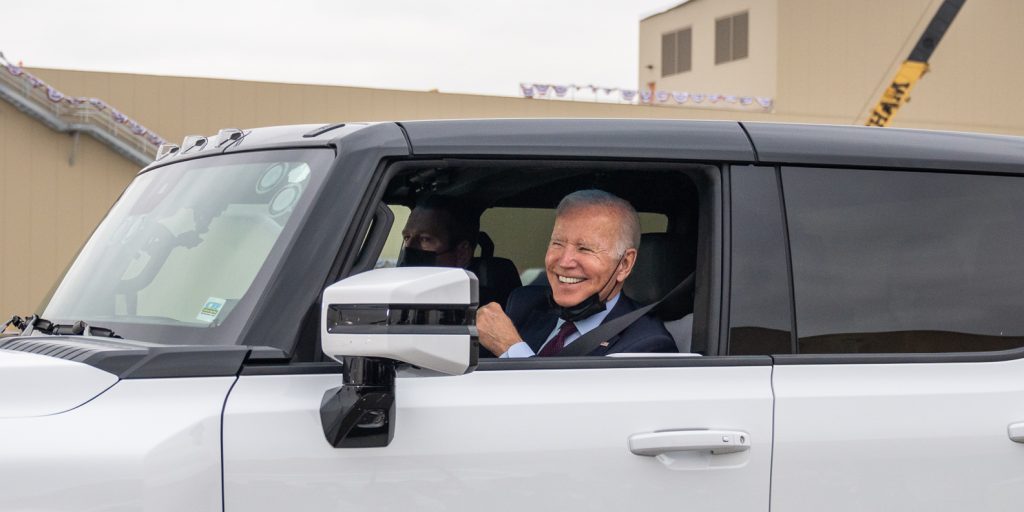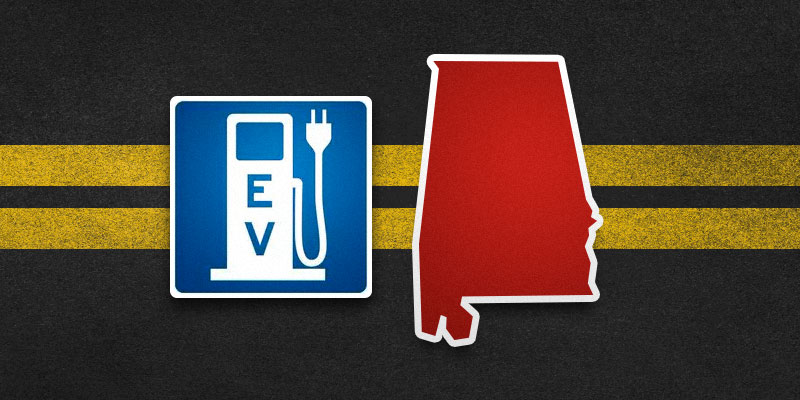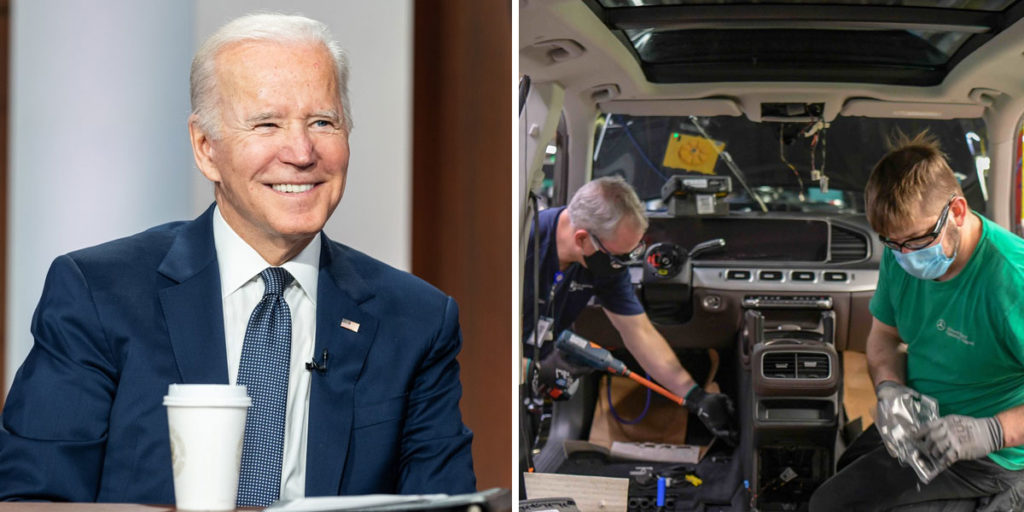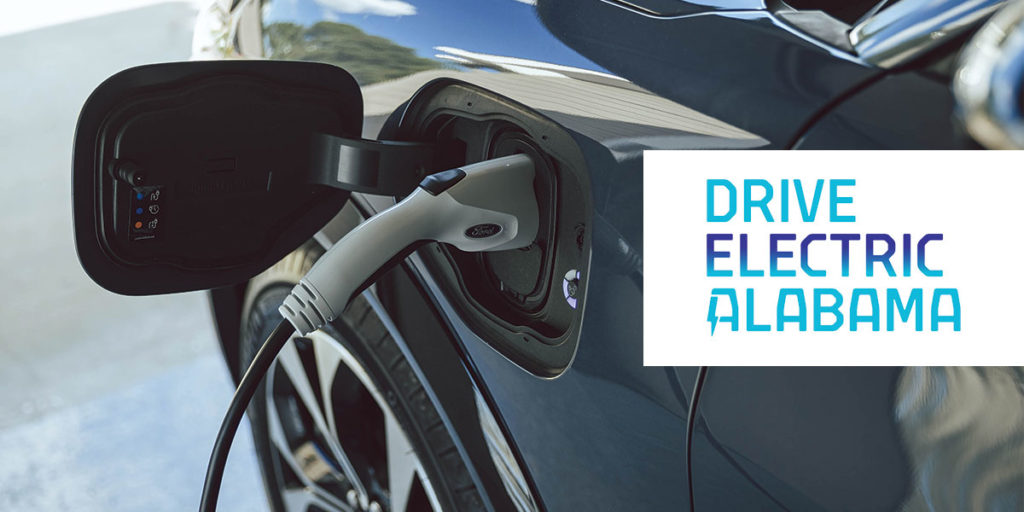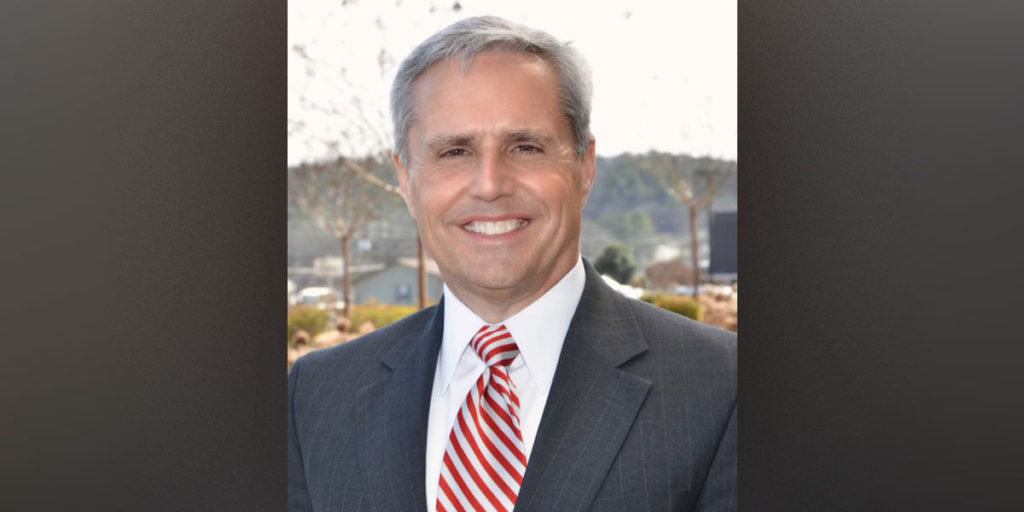Major automobile manufacturers are going all-in on the transition to electric vehicles (EVs). Like all Americans, Alabamians are hearing more about EVs, seeing more models they’d actually want to drive, and assessing what actual benefits EVs could offer.
Just like the price of flat screen televisions fell dramatically as the technology improved and manufacturing capacity increased, EV technology has advanced to the point automakers are introducing many new electric models for mass production. Newer EV models have much longer range and better performance than the original models that could only travel about 50 miles on a charge. Some battery (BEV) or plug-in hybrid vehicle (PHEV) models start in the $20,000 price range and purchasers can be eligible for a federal tax credit of up to $7,500.
An EV owner who decides to install an affordable charger at home to top off their battery overnight will quickly feel the impact in their pocketbook due to the low and steady cost of electricity as a transportation fuel. In fact, charging at home at night will cut your monthly driving fuel cost by more than one half when compared to gasoline.
Electric vehicles also require less maintenance than gasoline-powered vehicles because they require no oil changes. EV owners no longer have to worry about a transmission, valves, starters, clutches or catalytic converters needing replacement because these parts don’t exist on an electric vehicle.
Ford, as an example, estimates scheduled maintenance costs will be 40% lower for its F-150 Lightning pick-up when compared to its gasoline counterpart.
Those savings – fuel, maintenance and the federal tax credit – can add up quickly. Money matters.
But don’t just trust me. You can see for yourself at three upcoming National Drive Electric Week EVents co-sponsored by the Alabama Clean Fuels Coalition – Saturday, Sept. 25 in Huntsville; Wednesday, Sept. 29 in Auburn; and Saturday, Oct. 2 at Pepper Place in Birmingham. You can learn more by visiting the calendar page on www.alabamacleanfuels.com.
Nothing beats kicking the tires and talking to real-life EV owners who can tell you about cruising past gas stations and charging overnight. They can tell you why the newest electric models’ high torque, even at low speeds, translates to instant accelerator response and makes them fun to drive. They can tell you about the personal satisfaction of driving a car with no tailpipe emissions. You’ll probably also hear excitement about the state’s efforts through ADECA to significantly expand EV infrastructure.
If it hasn’t happened already, you will soon be sitting at a red light and catch yourself admiring a new car before realizing it is an EV just as the light turns green and it zooms away from your gasoline powered vehicle. By the end of next year, you will see this happening with pick-up trucks!
Ford announced plans earlier this year to invest $22 billion in electric vehicles through 2025, and the iconic American brand will also begin selling its all-electric F-150 Lightning pick-up next year.
General Motors announced plans to offer 30 new electric vehicles by 2025, part of a $27 billion investment in EVs. For Chevy truck drivers like me, the Silverado EV model is expected to be available starting in 2023.
Automobile manufacturing provides plenty of high-paying jobs to thousands of Alabamians, and supporting the growth of advanced vehicle manufacturing in Alabama is a great way to keep more of our talented college graduates from going to another state to pursue a career.
When you’re in the market for your next car or truck, an electric vehicle will likely be a more affordable and viable option than ever. The upcoming National Drive Electric Week EVents provide an easy way to learn more about EVs and make you more knowledgeable when it’s time to buy a new car.
Don’t miss your chance to learn more.
Michael Staley has served as president of the Alabama Clean Fuels Coalition since 2020.
About the Alabama Clean Fuels Coalition
Alabama Clean Fuels Coalition serves as the principal coordinating point for clean, alternative fuel and advanced technology vehicle activities in Alabama. ACFC was incorporated in 2002 as an Alabama 501c3 non-profit, received designation U.S. Department of Energy’s Clean Cities program in 2009 and was re-designated in 2014. A national network of nearly 100 Clean Cities coalitions brings together stakeholders in the public and private sectors to deploy alternative and renewable fuels, idle-reduction measures, fuel economy improvements and emerging transportation technologies. To learn more, visit www.alabamacleanfuels.com.




